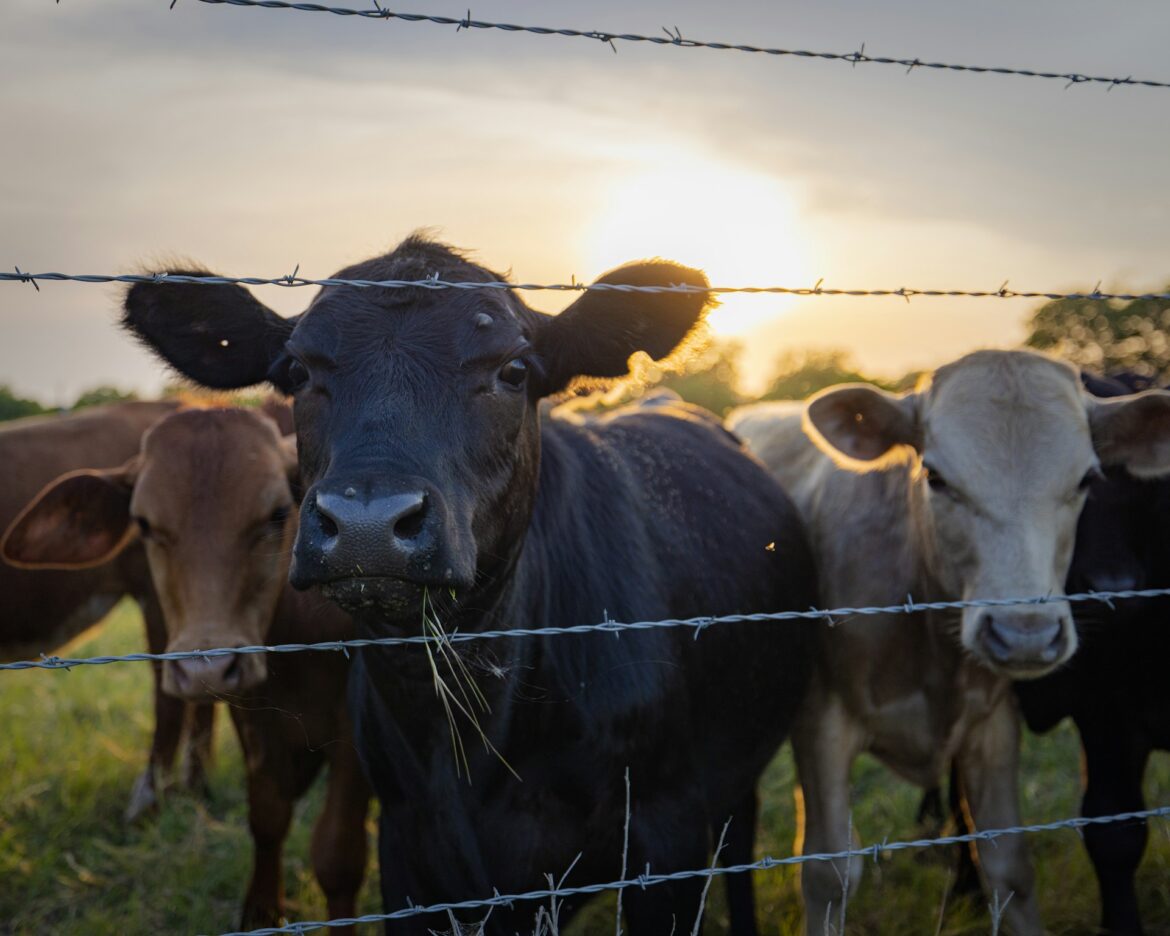Bangladesh’s livestock sector, vital for food security and rural livelihoods, is facing mounting challenges as rising temperatures, limited infrastructure, and a shortage of skilled workers put pressure on both farmers and animal welfare. In many areas, temperatures surpassing 35°C cause cattle to eat less, milk production to drop, and poultry to experience heat stress, while farmers often lack the tools to respond in time. However, an emerging wave of homegrown innovation is offering practical solutions, combining local expertise, easily available components, and smart technology to create systems that protect animal health and improve productivity. One such solution uses temperature and humidity sensors that monitor barns every twenty seconds, sending real-time data to cloud-based analytics platforms. These systems can automatically trigger exhaust fans, activate misting sprays, or adjust ventilation when conditions become unfavorable—often before farmers or workers even notice a problem. Trials have shown that such automated setups help animals stay cooler, eat consistently, and produce more reliable yields, from stable milk output to higher egg production and improved feed efficiency. What makes this approach especially promising is its affordability and scalability. Instead of relying on expensive imported equipment, innovators are using open-source software and locally sourced parts, ensuring the technology is accessible for farms of all sizes. This not only reduces upfront costs but also allows easy maintenance and repair, keeping systems running with minimal downtime. The benefits extend beyond productivity: healthier animals mean fewer losses, reduced veterinary costs, and improved compliance with international welfare standards—critical for entering high-value export markets. With climate change expected to bring more frequent and intense heat waves, such smart farming solutions are no longer a luxury but a necessity. They also address labor shortages, as many trained agricultural workers migrate to urban areas, leaving farms with fewer hands to monitor conditions. By automating key tasks, farmers can maintain high standards of care even with limited manpower. Experts believe that collaboration between entrepreneurs, universities, and government agencies can accelerate adoption, while targeted support from startup incubators could help bring these ideas into mainstream use. The technology is already here, the local knowledge is abundant, and the need is urgent. The challenge now is scaling these solutions quickly so they become part of everyday farming across the country. If implemented widely, smart livestock systems could transform the sector—protecting animal welfare, securing farmer incomes, and ensuring Bangladesh’s livestock industry thrives in a changing climate.
Smart Tech Brings New Hope for Bangladesh’s Livestock Transformation
35
previous post


